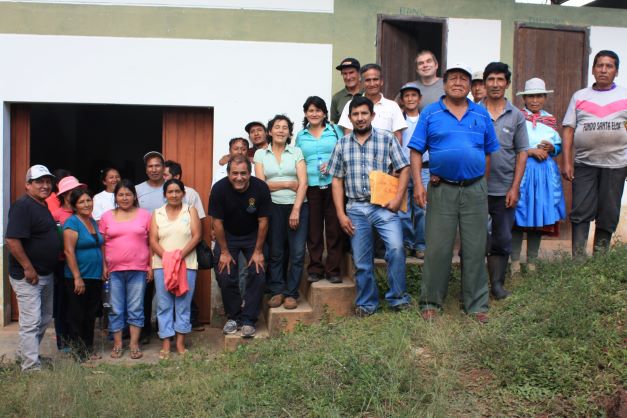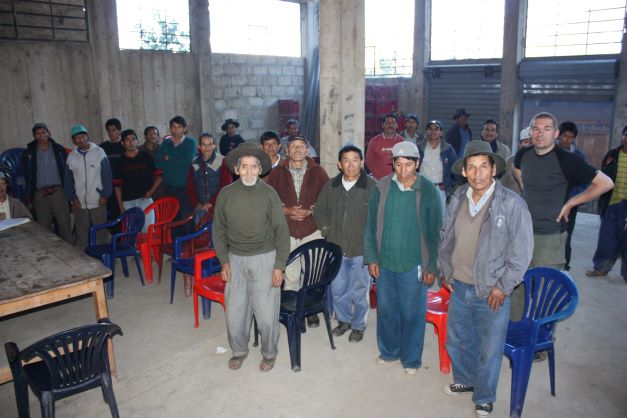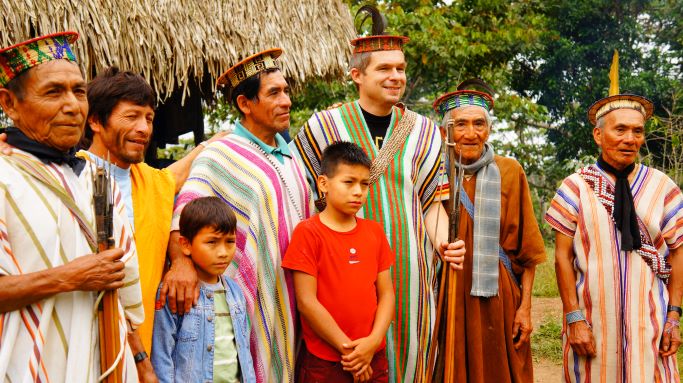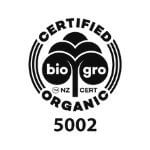Direct Trade
Building direct relationships with growers to create sustainable livelihoods and exceptional coffee, whilst keeping organic products accessible to everyone.
Shop Direct Trade CoffeeHow We Buy & Sell
We work directly with growers to ensure they receive proper compensation for quality products, carbon sequestration and avoidance of chemicals in the environment. But there's also how we approach selling.
We keep organic products affordable so more people can buy them. The benefits of organic agriculture are consistently understated, leaving consumers thinking there is little difference and not prepared to pay what should be only a relatively small premium. There is a huge difference.

Quality Through Care
Small organic farmers take incredible care in processing their coffee. Traditional sun-drying methods require constant attention, turning the beans multiple times daily for weeks to achieve perfect moisture levels and develop complex flavours.
This hands-on approach, impossible at industrial scale, creates the exceptional quality that makes our direct relationships so valuable - both for the farmers who receive proper compensation and for you who experience truly artisanal coffee.
Direct Relationships
In many countries with poor farmers and where many communities carry scars from internal conflict, it is hard to find trust and enough motivation to set up coops despite its advantages if done correctly. It is almost an impossible job.
This is where we as buyers can help. We need to communicate, try to meet both parties' needs and commit some volume and a longer term perspective, so there is incentive to invest.
There is no easy way and building up trust takes time. Setting up elaborate, inefficient small coops so they can qualify for certification premiums is often not the way that benefits the small growers, but a leaner cooperative model has to be found that clearly works for the farmer.

Build Trust & Communication
We start by establishing direct communication with farming communities, understanding their needs, challenges, and goals for sustainable development.
Commit to Long-term Partnership
We provide volume commitments and longer-term perspective, giving farmers the security needed to invest in quality improvements and organic practices.
Support Infrastructure Development
We help facilitate access to processing equipment and training, enabling farmers to add value to their product and reach better markets.
Create Sustainable Value Chain
Through direct trade, we ensure farmers receive proper compensation whilst keeping prices accessible to consumers, growing the organic market for everyone's benefit.

Small Farming & Organics Go Hand in Hand
You never hear small farmers talk about return on investment. For them their farm is everything. It is their life. For large corporations or large farming operations the land is mostly just another investment and in order to maximise return on investment only one crop is grown.
With a very low cost of capital for large businesses, machines are cheap to replace workers but bad for soil. Then add some chemicals in the mix to bump up those profits whilst the soils are still good and one started the vicious circle of soil and environmental degradation.
Who is paying for global warming, the cleaning up of waterways, collapse of biodiversity, health issues from chemical use and monocrops causing allergies? There is a real cost to all this and all these small organic farmers and almost-organic farmers should get a better price for their efforts.
Our Core Values
Supply and demand of organic products is closely matched. With more demand, supply and price will become better. This is what the sector needs: education about organics and the impact of climate-positive farming and people prepared to pay a bit more for organics.
Environmental Stewardship
Supporting farming practices that sequester carbon, avoid chemicals, and maintain biodiversity for future generations.
Direct Trade Relationships
Building direct partnerships that ensure farmers receive proper compensation for their quality products and sustainable practices.
Affordable Organics
Keeping organic products accessible by only passing on farmgate differentials, not inflating prices for profit.
Transparency & Integrity
Maintaining honest relationships with both growers and consumers, building trust through consistent quality and transparent practices.

Our Duty to Grow Organics
Unfortunately, organic certified products often cost a lot more to the consumer than what the difference in farmgate price is. Someone is trying to make money from your good conscience to buy sustainable products.
By doing so, the products can become quite unaffordable to many and not offer the quality expected. The difference in price is a big dampener on demand which slows the growth of organic agriculture.
We are passionate about making organics affordable and making it grow, so we only pass on farmgate differentials. This approach helps more people access organic products whilst ensuring farmers receive proper compensation.
True Cost Accounting
Large corporations treat land as just another investment to maximise return. They clear forests, flatten landscapes, and rely on machines and chemicals to boost short-term profits whilst the soil is still good.
This starts a vicious cycle of soil and environmental degradation requiring more chemicals each year for continuously less nutritious and less flavoursome crops, eventually leading to falling yields.
Visiting Our Partners
Building trust takes time and requires personal relationships. We regularly visit our farming partners to understand their challenges, celebrate their successes, and work together on improvements.
These visits allow us to see firsthand the quality of their work, the conditions they face, and the impact our partnership has on their communities. It's not just about the coffee - it's about building lasting relationships that benefit everyone involved.
Through these direct connections, we can ensure that our commitment to transparent trading translates into real improvements in the lives of farmers and their families.

Why Certification Matters
Ask for certified products! In New Zealand, "organic" is still a non-protected word and it can mean just about anything without certification. True organic certification requires rigorous standards, regular inspections, and complete traceability.
When you choose certified organic coffee, you're supporting verified sustainable practices, environmental protection, and proper treatment of farmers. It's the only way to be sure you're getting what you pay for.
Taste the Difference Direct Trade Makes
Every cup you enjoy supports sustainable farming, proper compensation, and environmental protection. Experience coffee that's not just delicious, but makes a real difference.

